Christopher A. McNally
Professor of Political Economy, Chaminade University
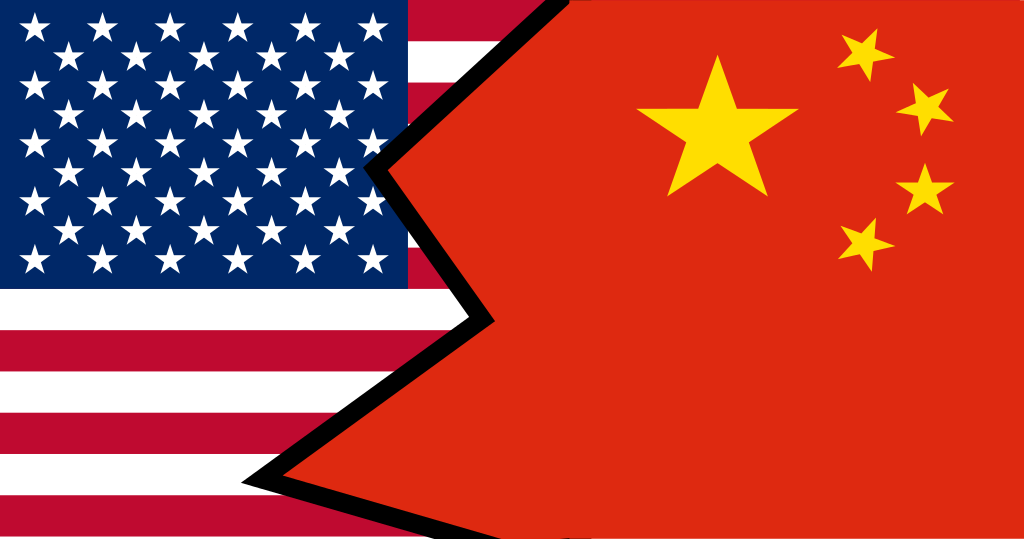
Sep 26, 2018
A messy divorce of the fusion between the Chinese and American economies – the end of Chimerica – looms. This raises the specter of the first “hegemonic showdown” between the United States and China.

Aug 22, 2018
Because the US Dollar is the world’s reserve currency, economic turmoil makes people flock to it – even when that turmoil is created by America itself.
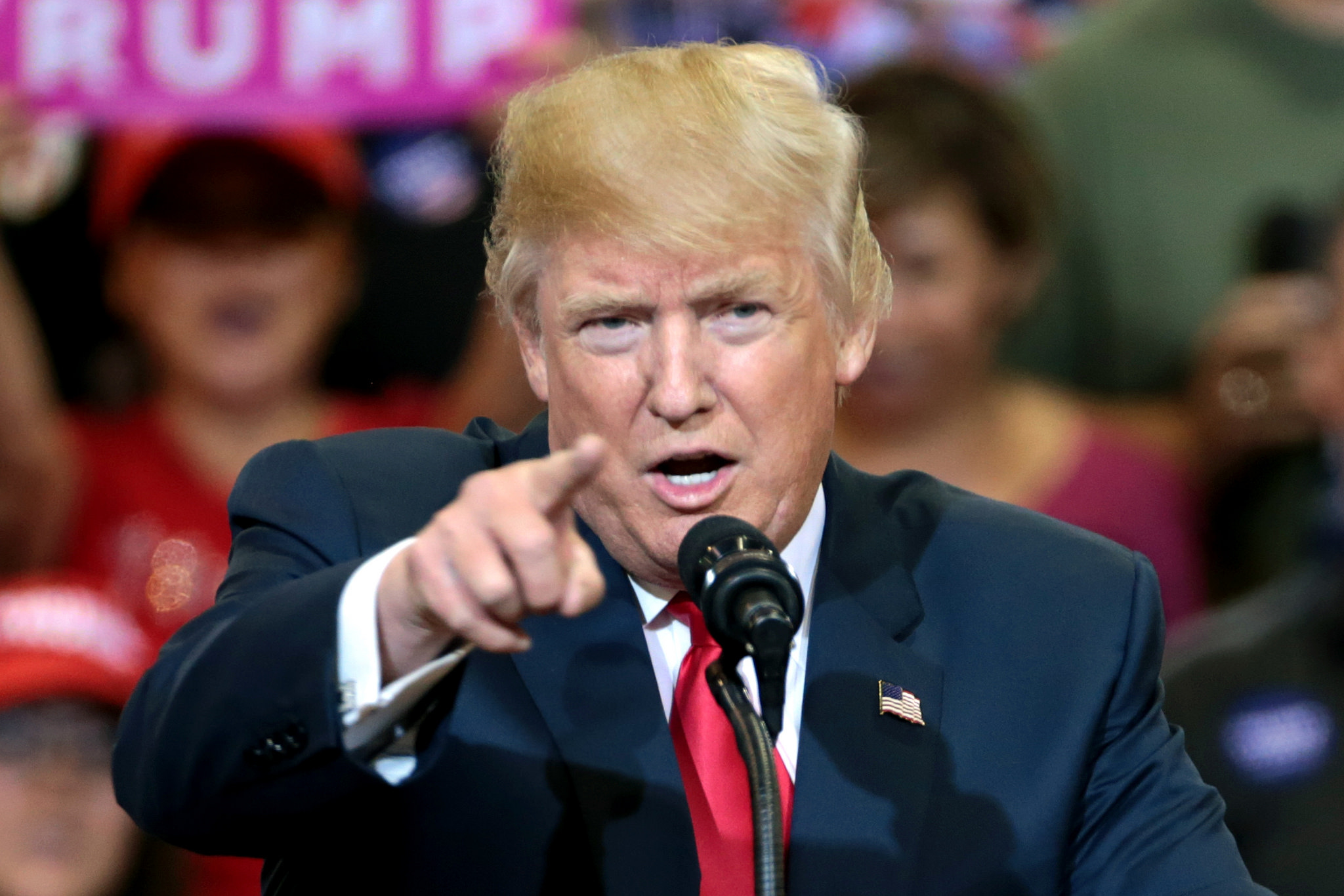
Jul 18, 2018
What is Trump’s rationale in expanding the trade skirmishes? What, ultimately, is his end game? While Trump, as any human being, has many sides to him, his ideological inclinations need to be taken more seriously.
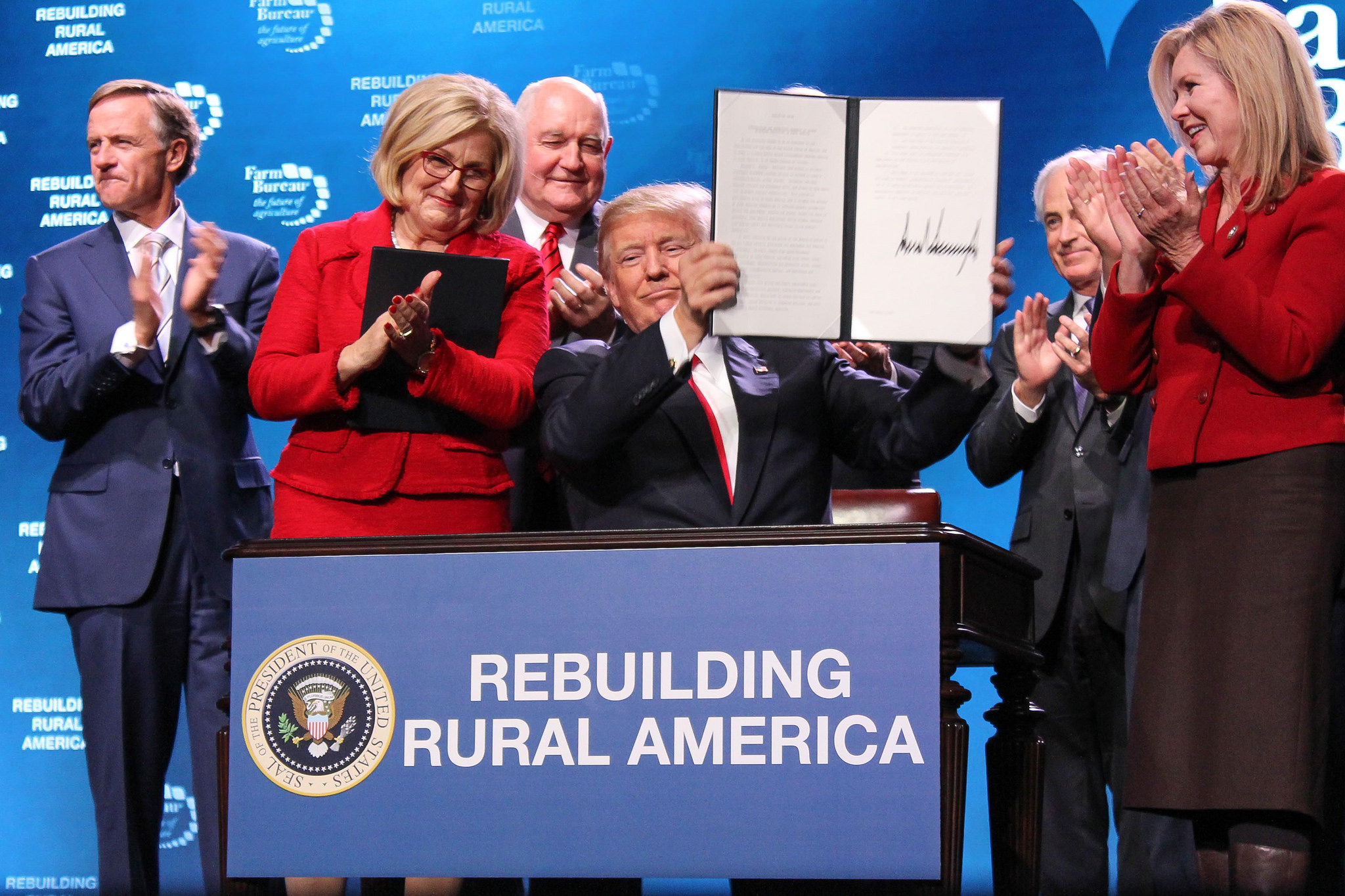
May 25, 2018
In the run up to U.S. Commerce Secretary Wilbur Ross’s planned visit to China next week to discuss “a framework” for a trade deal, how do the latest updates reflect Trump’s strategy and goals?
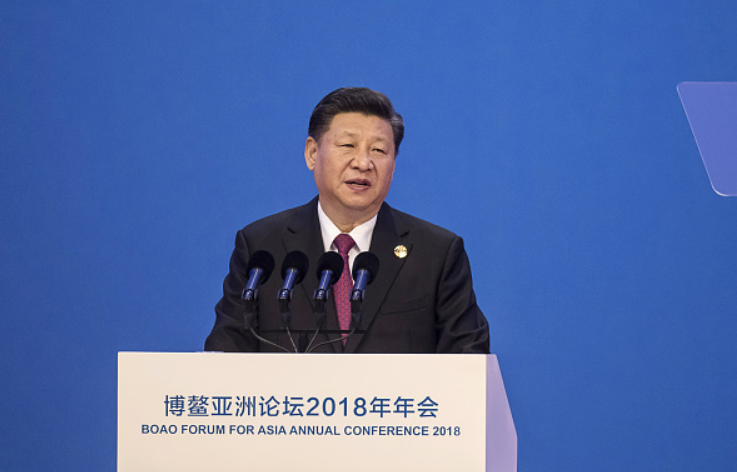
Apr 16, 2018
While Xi’s speech at the Boao Forum did not outline any particularly new or bold initiatives, policy makers in Washington, D.C. should take these market opening moves as the basis for negotiating an agreement.
Mar 28, 2018
It will be difficult to change long-held opinions on the openness of Chinese markets. Naturally, different segments of the international community will vary in their views. Countries in Southeast Asia, for example, could see benefits from Chinese initiatives to accelerate the building of regional free trade areas. Financial services firms in the West also stand to benefit from removing caps on foreign stakes in banks, securities brokerage houses, and fund management firms. However, on balance, it will be hard to “exceed the expectations of the international community.” China is facing an uphill battle due to three reasons.
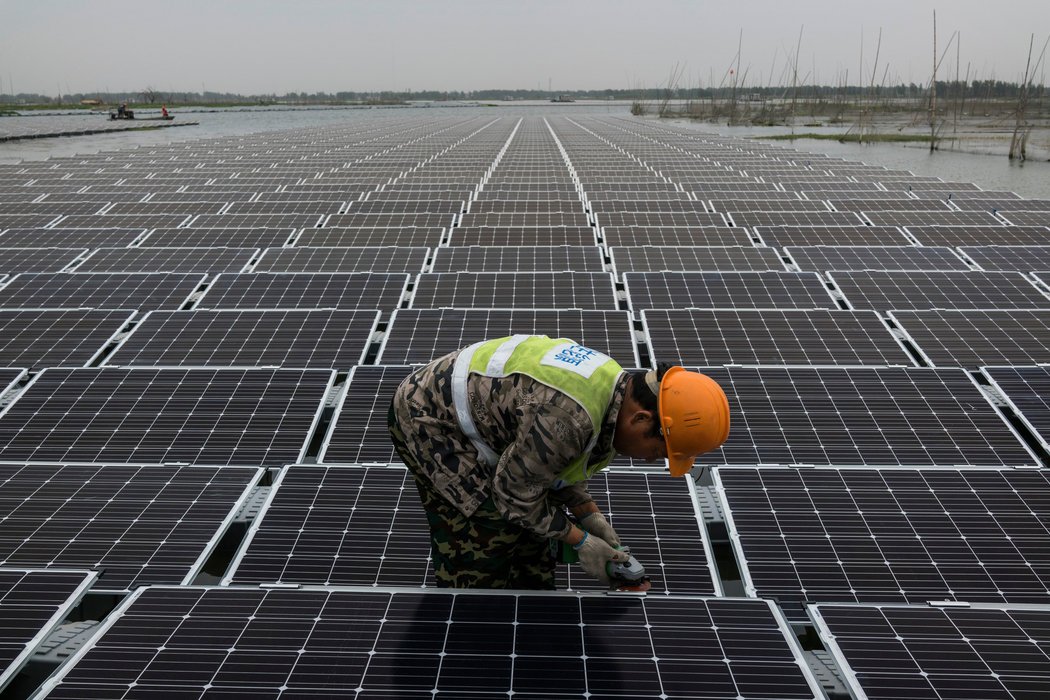
Feb 14, 2018
There are only two major pathways open: a continuation of relatively minor actions on both sides that nonetheless could spiral into a tit-for-tat trade war that no one wanted; or then a concerted effort on both sides to engage in negotiations.
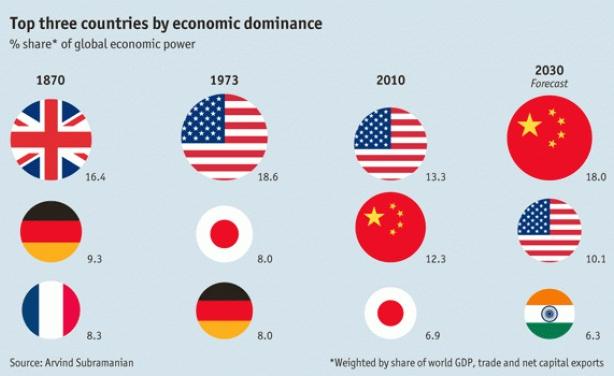
Dec 08, 2017
The China model could lead to more varied views on what works and doesn’t in economic development.
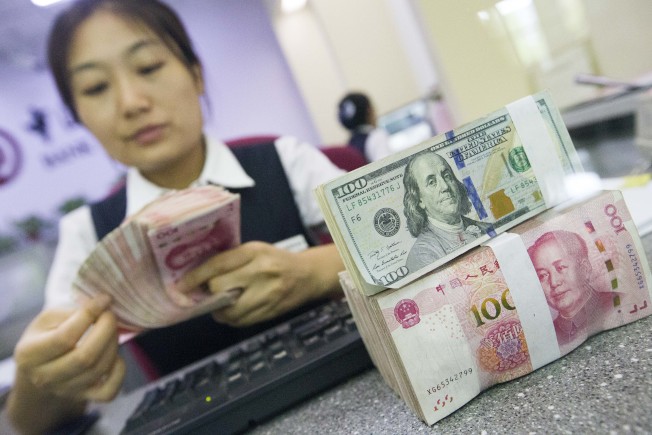
Oct 30, 2017
China is increasingly insisting that its oil imports be denominated in Chinese yuan instead of U.S. dollars. If successful, this could make the yuan into the globe’s second or third most important currency overnight. Given that China’s imports will soon dwarf those of the United States, it is perhaps just a matter of time until the more than a half century reign of the petrodollar comes to an end.
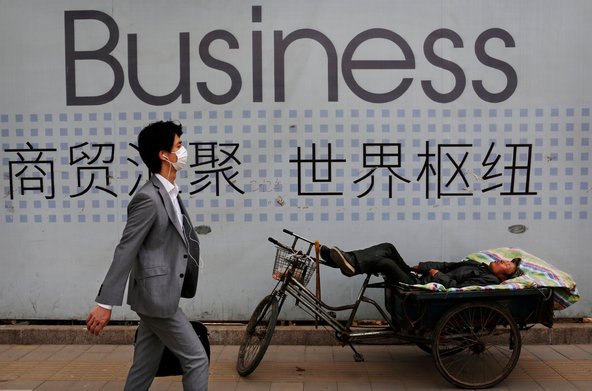
Oct 23, 2017
Many observers note that President Xi Jinping’s opening speech at the 19th National Congress did not spell out major new economic reform initiatives. Nonetheless, economic reform has neither stalled nor backtracked in the past five years, and is even less likely to do so if Xi Jinping successfully consolidates his power with the 19th Congress.
